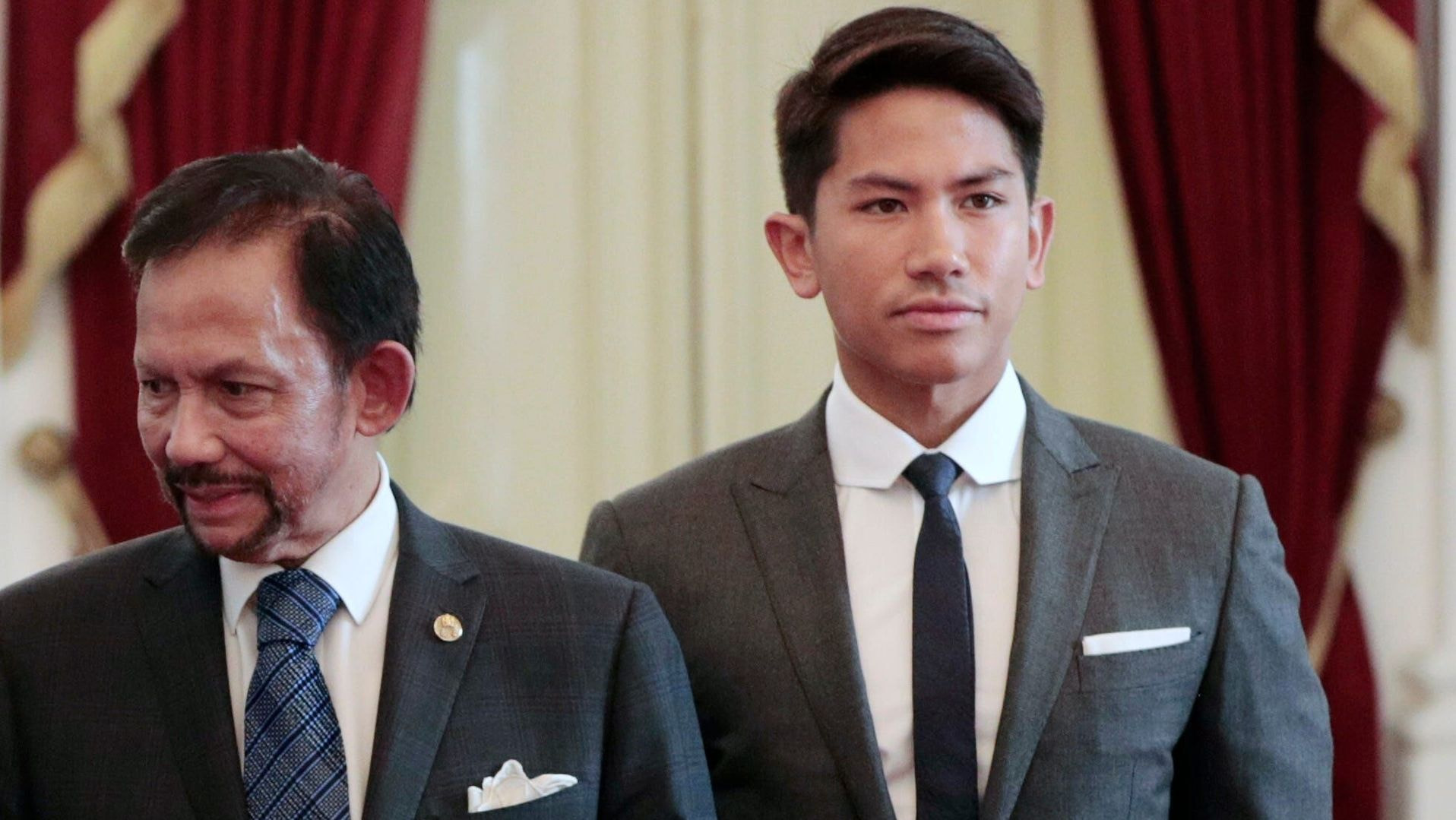05.03.2023
Royalty & Nobility as Multi-Generational Institutions
They became genuinely noble through intensive lifetime efforts, driven by moral, spiritual and traditional values, inspired by a sense of higher purpose, constantly working to better the world through their own merits of substance.


